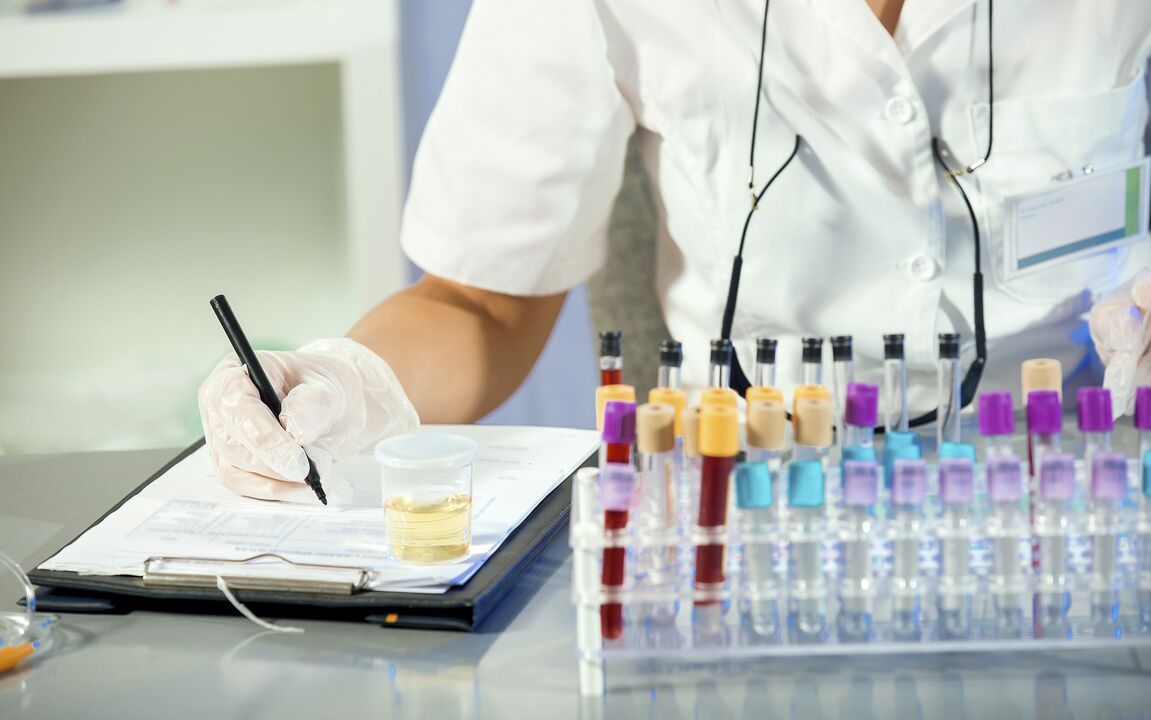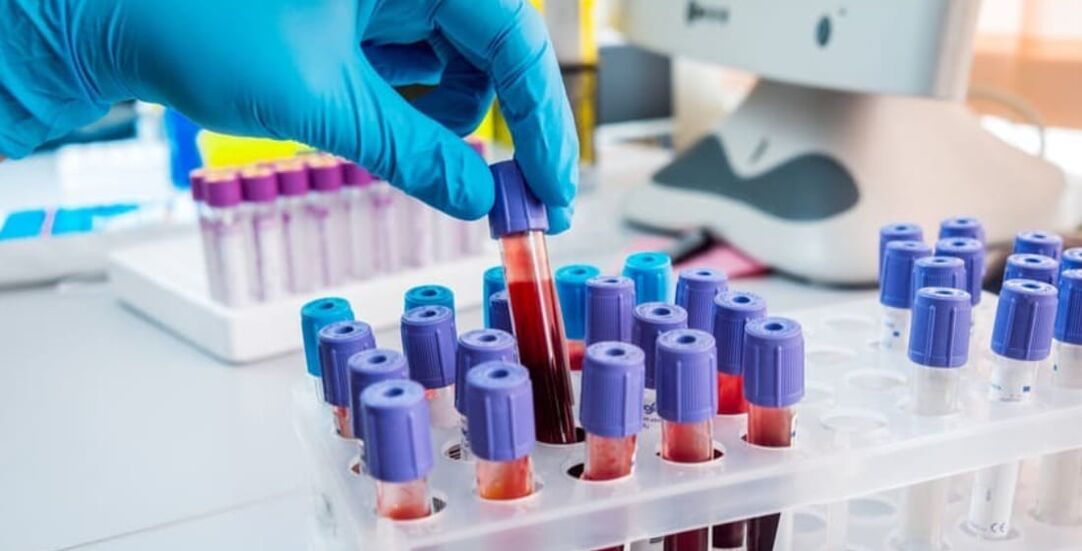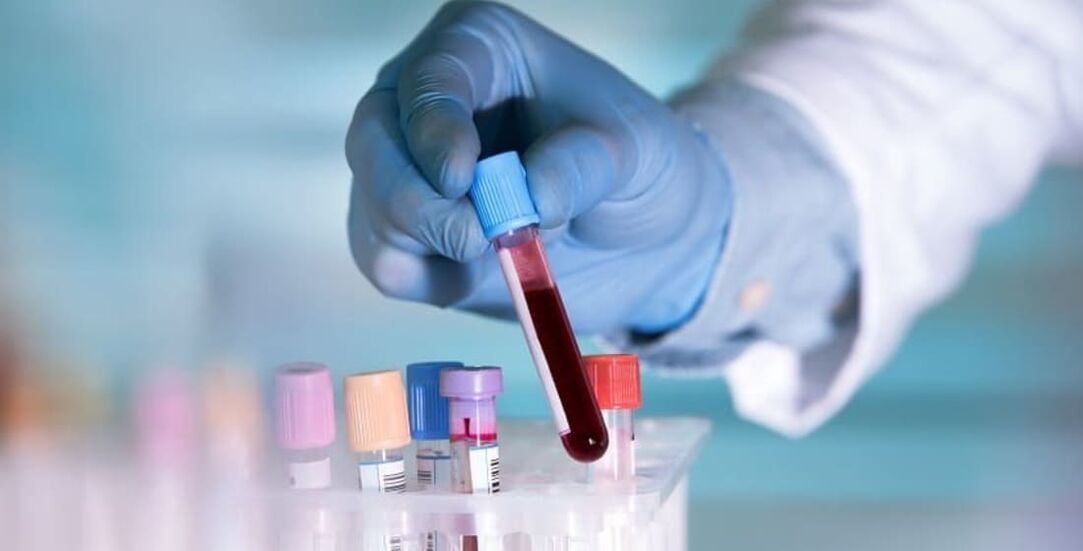
The main stage in the rapid treatment of any disease is diagnosis. Timely laboratory tests provide the most accurate information about the course of the disease. Preparations are needed to achieve this. Most of our compatriots have a natural interest: how does ethanol affect the accuracy of the analysis?
Does alcohol affect blood tests?
Alcohol may varyblood composition:
- reduce the number of red blood cells and hemoglobin,
- reduce urea content,
- low lactate levels,
- reduce glucose levels,
- increases the percentage of triacylglycerols.
Alcohol makes the blood more viscous, increases the rate of thrombosis. The increase in the number of sticky cells and red blood cells can be interpreted as megaloblastic anemia.
If you take alcohol before the tests, the biggest deviations are indicated by blood biochemistry. Decreased uric acid is the result of a violation of the circulatory system. An increase in the concentration of triacylglycerols - indicates the presence of ischemia or hepatitis.
In order not to confuse doctors with post-alcohol tests, it is necessary to inform the specialist about this situation.
In addition to distorting the test results, alcohol can distort the operation of devices in the laboratory. The effect of the reagents on ethanol disrupts blood sugar levels, as a result of which it is impossible to start treatment of diabetes in time.
How alcohol affects tests
Ethanol is not the main condition that must be eliminated before going to the laboratory. Not only smoking or eating before the test, but also drinking alcohol can reduce the accuracy of the instruments.
Distortion of the assay under the influence of ethanol may make the diagnosis ineffective. The more alcohol you take, the less objective the result will be.
General analysis

The effects of alcohol can distort the resultsthus:
- destroys red blood cells,
- sometimes raises cholesterol levels by 80%,
- reduces hemoglobin levels because the concentration of red blood cells also decreases.
If you drink alcohol immediately before this test, the number of red blood cells (red blood cells that carry oxygen to all organs or tissues and return carbon dioxide) will most likely decrease.
Alcohol dissolves the membranes of red blood cells, which prevents their natural accidental movement and reduces repulsion. Red blood cells begin to stick together. Their concentration in plasma decreases, which leads to a decrease in hemoglobin parameters. The accumulation of red blood cells leads to the appearance of blood clots and a decrease in blood microcirculation in the blood vessels.
Once the alcohol enters, the blood thickens. The ability of capillaries to penetrate the lumen is reduced due to visible clots. This condition is dangerous to human health and life and prevents a complete study of the composition of the blood.
Under the influence of alcohol, the production of lipids in the liver decreases. This reduces the properties of the plasma. Such indicators play an important role in the preparation of the patient for surgery. Accurate analysis is important to monitor a patient's health when he or she has a serious infectious disease or when large wound surfaces are healing.
Blood tests takenIn less than 12 hourscan only accurately show general intoxication after ingestion of alcohol. Decreased hemoglobin indicates only megaloblastic anemia. However, the doctor may refuse to make a diagnosis based on the patient's recent alcohol intake.
Biochemical indicators
Alcohol has the strongest effect on biochemical blood tests. This analysis is the most complete. With its help, you can find out what substances a person urgently needs and how many and urgent need to reduce their concentration.
Under the influence of alcohol, the results of biochemical studies changethus:
- decreases the amount of urea in the blood,
- information on the absorption of oxygen by body cells is violated,
- glucose quantitative indicators suffer.
The latter factor can be life-threatening because the diagnosis of diabetes mellitus is made late.
The increased background of urea is also due to alcohol intake. Distorted indications may mask a severe circulatory disease that causes hemorrhagic shock or acute heart failure. Because urea is involved in nitrogen excretion, its increased concentration is a sign of gout and polyarthritis. The accuracy of the diagnosis can only be satisfactory with alcohol abstinence before the tests.

Drinking alcohol before the procedure can cause an increase in triacylglycerol in the bloodstream. This neutral fatty substance in the bloodstream indicates pathological processes,whom:
- atherosclerosis,
- ischemia,
- cerebral artery thrombosis,
- viral hepatitis.
Most physicians, based on principled considerations, exclude patients from taking alcohol-containing medications before taking blood. However, alcohol is believed to help detect the presence of infectious disease. But even the smallest dose of ethanol distorts the test results and makes it useless for the doctor.
According to the stories of nurses and doctors, most people do not admit to drinking alcohol before the test. Another side factor that manifests itself when people who drink alcohol the day before are examinedvar:
- fainting,
- severe headaches
- nausea.
The volume of blood taken from the body through a vein is insignificant. Its disappearance is not a problem for humans. However, if the patient comes for tests after drinking alcohol, the metabolism is usually disturbed and the blood circulation in the brain is reduced.
A vascular intake can cause oxygen starvation of the brain. This can result in severe dizziness or fainting. After that, the patient may have a headache for a long time.
Alcohol poisoning can damage the digestive system. The patient may vomit from the smell of alcohol or chlorine used for disinfection in the doctor's office or laboratory.
Glucose test
The study of blood glucose levels is necessary for people suffering from endocrine diseases. Blood is taken from the finger. If the patient drinks liquids containing alcohol before taking blood, the blood thickens and the blood pressure drops. This makes it harder to get blood and increases the risk of thrombosis.
The effects of alcohol are a negative factor for liver cells. It also has a negative effect on laboratory equipment and reagents. This makes the result inaccurate. Sugar levels can be increased or decreased depending on the actual situation.
One gram of alcohol can change the number of kcal by more than 7, which is due to the rapid penetration of ethanol into tissues and body fluids. In this case, sugar levels increase.
Alcohol causes low sugar values.About 2, 5 hoursStable information on blood glucose is provided by carbohydrates from food. For the rest of the cycle, glucose is produced by the liver, which attracts the body's energy resources. Alcohol disrupts normal metabolic processes and causes hypoglycemia.
Blood sugar levels return to normalAfter 1 or 2 days. . . If the patient is at risk for diabetes, then it is important that he gives a normal picture to the doctor. In another case, your doctor will associate high blood sugar levels with alcohol. The period when health can improve will be missed.
Can I drink alcohol before the test?
By no means. Alcohol changes the test result. The most important thing is to completely stop drinking alcoholic liquids before a major operation.
Sometimes a small amount of alcohol can be taken before the test. The doctor will discuss this situation in a personal conversation with the patient.
But in any case, the buyer must stop drinking alcohol forty-eight hours before the analysis. During this period, the human body has the opportunity to recover.
When tested for HIV, hepatitis B or C, as well as syphilis, the time it takes for a patient to be fully awake increases to 72 hours. Otherwise, the results of the analysis will be distorted.
Blood donation is delayed if the laboratory assistant or doctor receives information that the patient drank before the tests. If the information appears later, the analysis is repeated if there is no excess of acetaldehyde in the blood.
The only probability that alcohol will not affect the outcome is an analysis of alcohol intoxication between drivers of vehicles and certain categories of workers. This test is performed without preparation or warning to obtain an objective view. In any other case, you can drink only water before the test.
























